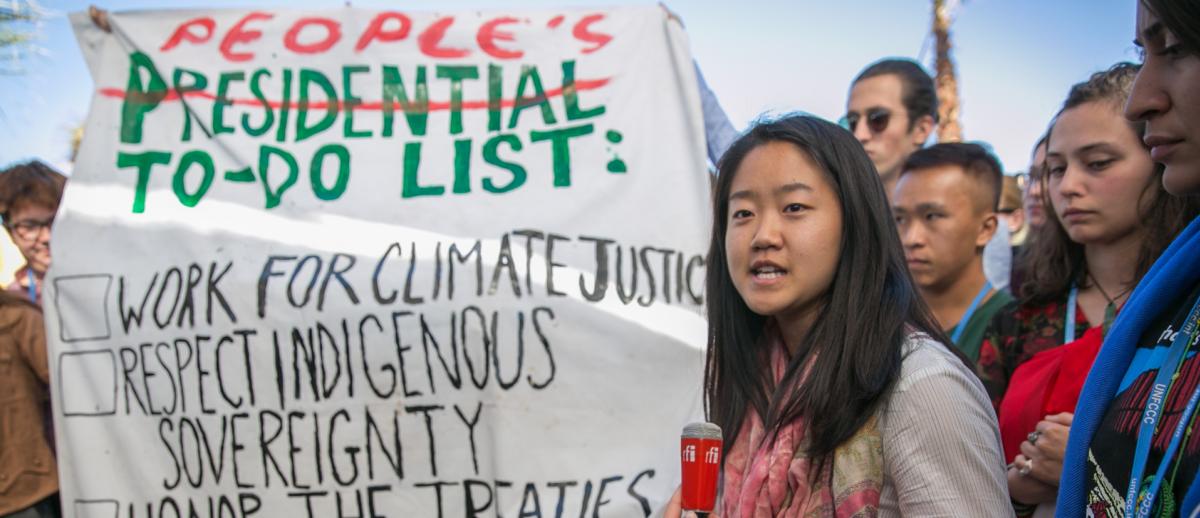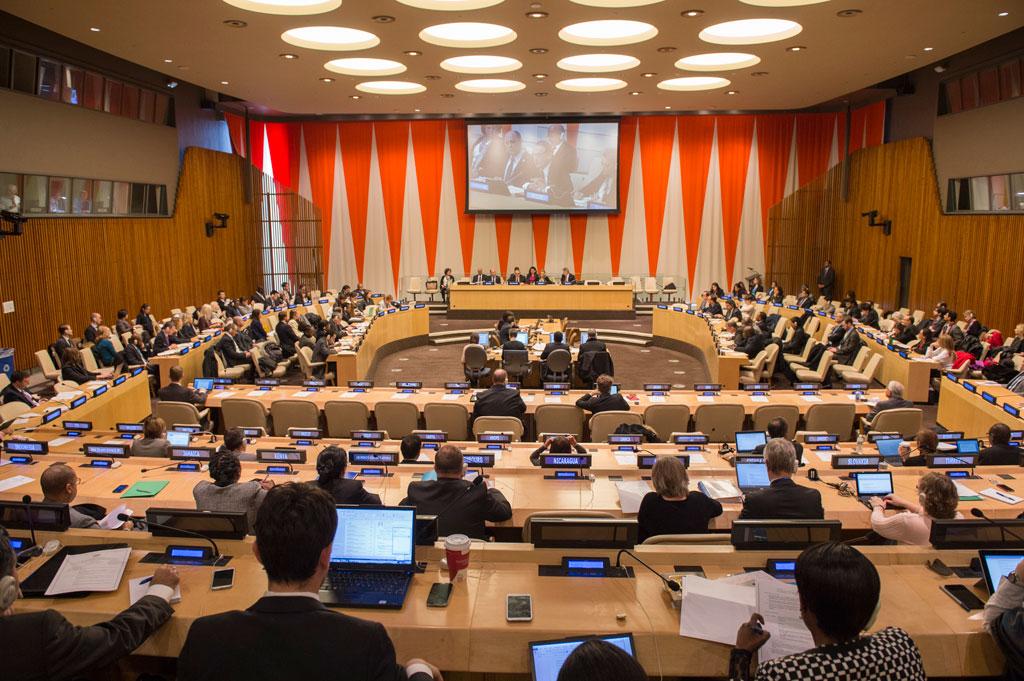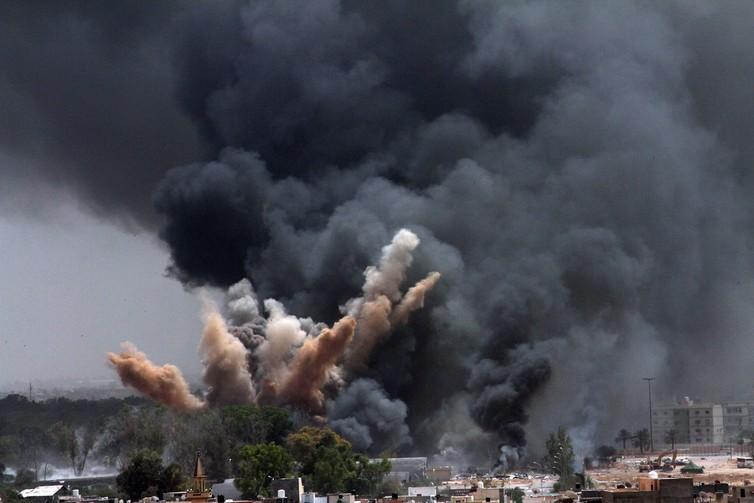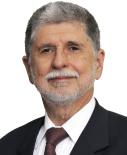The Indispensability of Utopias: A note on Davutoğlu’s vision of Global (Dis)order
archive


The Indispensability of Utopias: A note on Davutoğlu’s vision of Global (Dis)order
I spent a good part of my professional life as a diplomat or government minister, working on multilateral issues in the areas of trade, peace and security, environment and health, among others. I had many disappointments and a few achievements. Most significant among the latter was the effort made jointly by Brazil and Turkey to help in finding a solution to the “problem” posed by the Iranian Nuclear Program. Together with my friend, then Turkey’s Foreign Minister, Ahmed Davutoğlu, I strived to find a way forward for this vexing issue. Although the Tehran Declaration of May 17th20101 was eventually refused by the P-5, led by the United States, and new sanctions were imposed on the Islamic Republic2, it served as an inspiration (if not in the precise content, at least in spirit) to the Joint Comprehensive Program of Action spearheaded by President Obama some years later. I base this claim on an article3 by Anne Marie Slaughter, a former head of the planning staff of Secretary of State Hillary Clinton, published in November 2011 at a moment when tensions between Tehran and Washington were escalating, to a large extent due to the obsessive fear of an “existential threat” on the part of the latter’s main ally in the Middle East. In her piece, entitled “Diplomacy is the Least Damaging Option with Iran,” Slaughter summarizes the Tehran Declaration and says that the US and its allies should “turn back to Brazil and Turkey.”
It was therefore with great interest and intellectual respect that I read Ahmed Davutoğlu's global-e essay on “The Future of National and Global (Dis)order.” I followed attentively his analysis on the several “earthquakes” that shook the so-called world order in the post-Cold War period, resulting in a “systemic earthquake” that forces us to re-think many of the concepts used to define international politics. I agree with his criticisms on overreliance on technocracy and on the democratic deficit in international relations as well as with his plea for an inclusive, value based, global governance. Davutoğlu’s strong case for a “humanitarian global order” and “collective ownership” has my full sympathy. Like others who have commented on his article so far4, I also think that incremental reforms are not sufficient and that the “root causes” of these “earthquakes” should be confronted. Perhaps most pressing is the issue of inclusiveness. I do not underestimate the importance of a United Nations reform that makes it more democratic and responsive to the present world realities. Updating the composition of the Security Council (especially in relation to the permanent members) would be not only a matter of realism and fairness. More than likely it would also help in finding solutions to apparently intractable questions. A more consistent presence of some major developing countries in the UNSC might work as a bridge between the positions of Western Powers, on the one hand, and Russia and China, on the other. Countries like India, Brazil and South Africa5 cherish many of the values that Washington, London and Paris claim to champion, such as human rights and representative democracy. At the same time, these nations are very sensitive to principles like non-intervention and respect for national sovereignty, which are very much at the core of “negative” attitudes assumed by Moscow and Beijing, allegedly causing the “paralysis” of the Council. My experience in dealing with the Iraq question when Brazil occupied the presidency of the Security Council in January 1999, reinforced my conviction that developing countries—if they summon the will—have an important role to play in matters of peace and security, apart from their obvious relevance for negotiations relating to trade, sustainable development, climate change, etc.6

UN Economic and Social Council (ECOSOC)
Similarly, strengthening bodies like the Peace Building Commission and ECOSOC (UN Economic and Social Council) and giving more power to organs that deal with sustainable development and human rights would be welcome changes. Even evolutionary steps in relation to informal groups such as the G-20—designated by U.S. President Barack Obama as the main forum for coordination of economic policies—may have positive effect on decisions that affect the whole world. Arguably, with some adjustments, such as a better representation of African nations, the G-20 might have its agenda expanded to subjects other than financial ones. None of these reforms, however, would in and by themselves avoid the threats posed by narrow self-centered attitudes. There would be no guarantee that, even with improved governance structures, questions of transcending importance such as total nuclear disarmament (the only way, in my opinion, to ensure sustainable non-proliferation) or combatting climate change, which are posed in Richard Falk’s “Response,” would receive the treatment they deserve by changes, however positive, in the structure and composition of international bodies. No “structural reform” would have the magical power of preempting the rise of conservative nationalist ideologies of the kind represented by Donald Trump or Marine Le Pen.
Updating the composition of the Security Council (especially in relation to the permanent members) would be not only a matter of realism and fairness. More than likely it would also help in finding solutions to apparently intractable questions.
In his article, Ahmet Davutoğlu mentions “the selfish pursuit of narrowly defined national interests at the expense of common values and goods.” Overcoming this kind of mindset requires great efforts that go beyond systemic changes if the latter relate to structural and operational aspects of global governance. In my opinion, the prevalence of this mindset is one of the main obstacles to obtaining the kind of systemic change proposed by Davutoğlu. On this point (and many others), I tend to agree with the emphasis placed by Robert Johansen on political education. Although I accept that it is not the role of policy makers to address the “manifestly undiminished imperfections of the individual human being” as Louis René Beres suggests, I do believe there is room for trying to convey the notion that “my well-being depends on the well-being of my fellow humans.” Or, to put the same thought in the frame of international relations: “the well-being of my country depends on the well-being of other countries.” How to separate such an “enlightened” approach from interventionist doctrines—including ones allegedly based on humanitarian considerations—is not a simple task. The disastrous situation that followed the intervention in Libya, whose main justification was based on the “responsibility to protect” (R2P), is a case in point. But it is a task we must face.

Tripoli, Syria - 2011. Source: ETA
During my years as foreign minister, both president Lula7 and I stressed the importance of solidarity, starting with our own neighbors but also extending to other countries of the Global South. To rebut the criticism of this initiative from most of the Brazilian media and a large portion of our ruling elite, I argued that “generosity” (a term that normally has no place in realist analyses and which, I concede, is often misused or manipulated) consists in looking at one’s own interest in the long run. Without this kind of perception, I do not see how we can get rid of the short-termism and the pursuit of narrow interest denounced by Davutoğlu. Political education—or appropriate public information—is a task that requires bold actions, and not very popular ones, at the national as well as the international levels. Davutoğlu’s insistence on broader participation of individuals and groups of individuals over and above nation states may be an important way of encouraging the development of the kind of solidarity and long-term perspective that the world needs.
Political education—or appropriate public information—is a task that requires bold actions, and not very popular ones, at the national as well as the international levels.
Here is a final thought: Earthquakes being by their very nature unpredictable (at least at the present stage of scientific knowledge), I am not naive enough to claim that even with the best advocacy, we will be able to avoid them. But, at least, some more reasonable responses, based on more solid reasoning, may be found, to the benefit of our grandchildren and to the continuous evolution of mankind. If I may be allowed some self-indulgence, I would quote the last three or four lines of my book on Brazilian foreign policy, with which I tried to summarize our approach: “…if politics is not to be limited to the raw pursuit of narrow self-interest, utopias are indispensable. Without them we are inevitably consigned to the role of mere spectators, watching the unfolding of history without ever helping to write it.”
1 Details on the process which led to the Tehran Declaration, signed by Turkey,
Globally: Memoirs of Brazil’s Assertive Foreign Policy (Hamilton Books, 2015).
2 Sanctions in addition to those already in place were imposed on Iran by the
the substantive points contained in the so-called Swap Agreement proposed
by the US and its allies (which in this case included the four other Permanent
Members as well as Germany).
3 Anne Marie Slaughter, "Diplomacy is the Least Damaging Option with Iran."
4 See, for instance, Richard Falk’s “Response to Ahmed Davutoğlu.” Contributions to
5 A similar case may be made for other countries, like Indonesia and Turkey. But it
6 At that time, three panels were established to deal with different aspects of Iraq’s
The main consequence of the panels was the replacement of the existing
Commission tasked to verify Iraq’s disarmament (UNSCOM) by a new one with
somewhat modified targets and procedures (UNMOVIC). The progresses and
limitations of UNMOVIC are the object of Hans Blix’ book Disarming Iraq
(Pantheon, 2004).
7 Luiz Inacio Lula da Silva was president of Brazil from 2003 to 2010.



